España/16 abril 2016/Autor: Europa Presa/Fuente: m.20minutos.es
El Modelo de Atención Temprana para el País Vasco y la puesta en práctica de su Protocolo de Seguimiento del Desarrollo Infantil dentro del ámbito educativo han sido reconocidos por el Programa de las Naciones Unidas para el Desarrollo y la Organización de Regiones Unidas (ORU Fogar) como buena práctica en gestión pública a nivel mundial.
Según ha destacado el Ejecutivo vasco, esto supone que la experiencia creada en Euskadi y que ya se aplica en las aulas podrá ser internacionalmente difundida e implantada en todas las comunidades educativas que lo deseen.
El Departamento de Educación, Política Lingüística y Cultura desea además que este protocolo sea compartido a lo largo del mundo, con el objetivo de que «revierta en la mejora del desarrollo y de la calidad del aprendizaje de todos los niños y niñas».
Una representación de la Secretaría de Acción Exterior del Gobierno vasco ha asistido en Río de Janeiro (Brasil) a la presentación del proyecto y a la ceremonia de entrega de premios, que se celebran en el marco de la VII Cumbre Mundial de Gobiernos Regionales.
El Protocolo de Seguimiento del Desarrollo Infantil, elaborado por el Departamento de Educación, Política Lingüística y Cultura del Gobierno vasco, y coordinado con los sistemas sanitario y social, ya está en marcha en la etapa infantil.
Según han destacado, el objetivo es la detección e intervención temprana de las dificultades de desarrollo que se puedan observar en el alumnado, dentro del mismo contexto del aula. Para ello, resulta necesaria la formación del profesorado que se ocupa de estos niños, aspecto en el que el Modelo de Atención Temprana para el País Vasco hace «especial hincapié».
La Vigilancia Rutinaria del Desarrollo que aplica este protocolo permite detectar dificultades de desarrollo del alumnado, así como los signos relacionados a las altas capacidades.
En cuanto a las dificultades de desarrollo, éstas pueden ser sensoriales (auditivas, visuales), físicas y motóricas, relacionadas con el lenguaje y la comunicación, con la percepción y resolución de problemas, o aquellas referidas a las relaciones sociales.
«Se trata de casos que de no ser detectados en la edad temprana, pudieran representar problemas en el desarrollo de los niños y niñas en cuanto a su aprendizaje. La detección de estas dificultades en la etapa de Educación Infantil permite la adecuada intervención para que éstas no sean obstáculo en su desarrollo integral», han subrayado sus responsables.
El Departamento de Educación, Política Lingüística y Cultura ha comenzado a implementar durante este curso 2015-2016 este Modelo de Atención Temprana y su Protocolo de Seguimiento del Desarrollo Infantil, con la formación de más de 3.000 profesores de Educación Infantil.
Durante este primer año, el protocolo se ha puesto en marcha en aulas de 2 y 3 años. El próximo curso 2016-2017 se extenderá su aplicación a las aulas de 4 y 5 años.
Fuente de la Noticia:
m.20minutos.es/noticia/2723315/0/onu-reconoce-al-gobierno-vasco-por-su-buenas-pr-cticas-educativas/
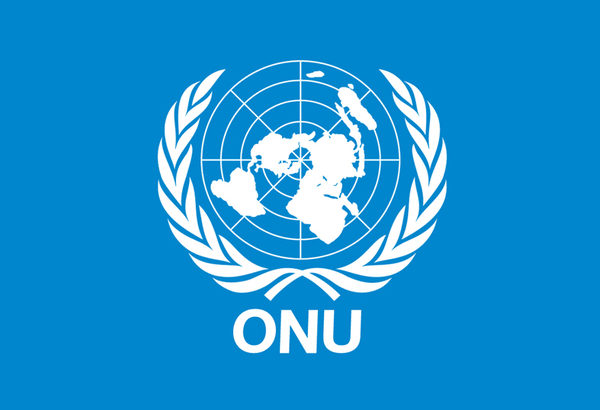
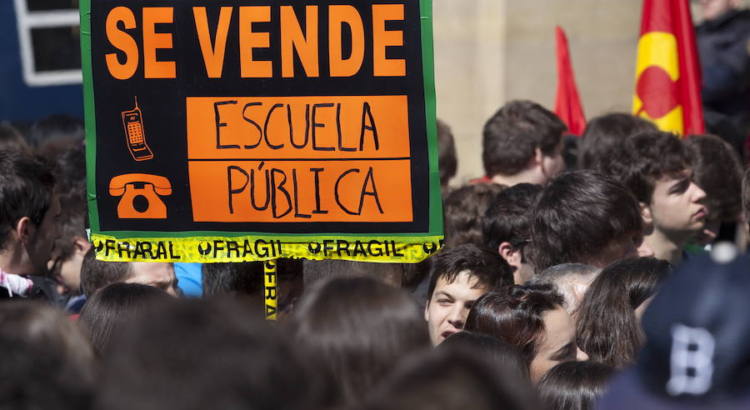
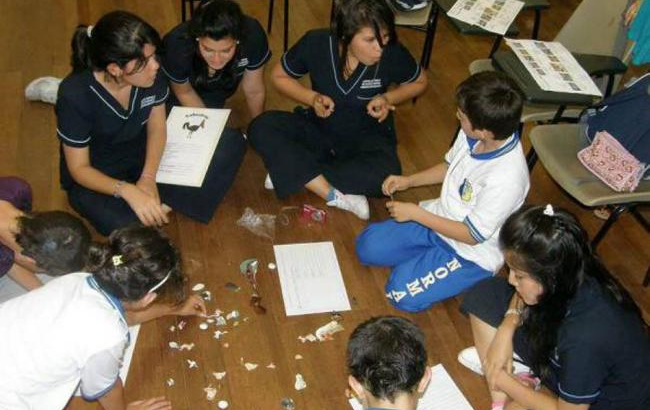
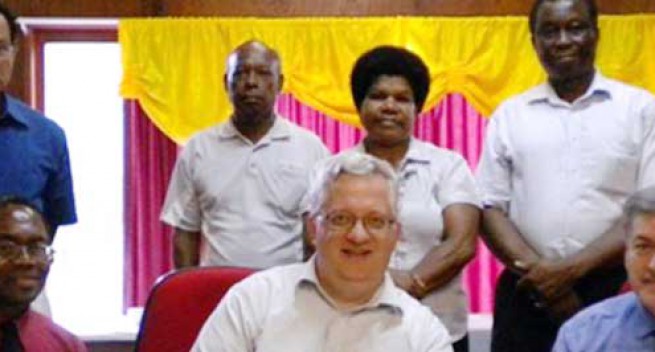
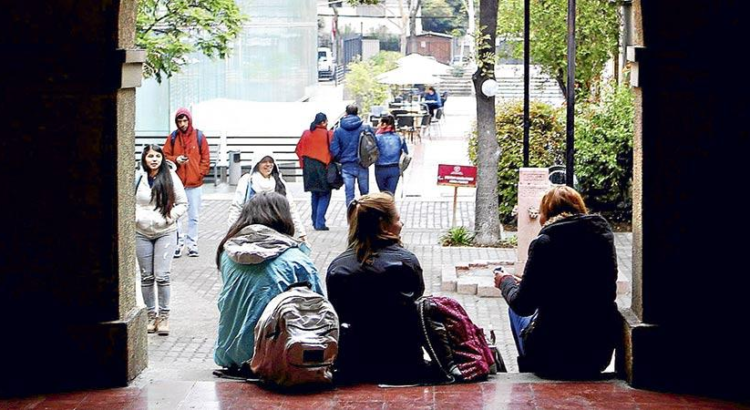

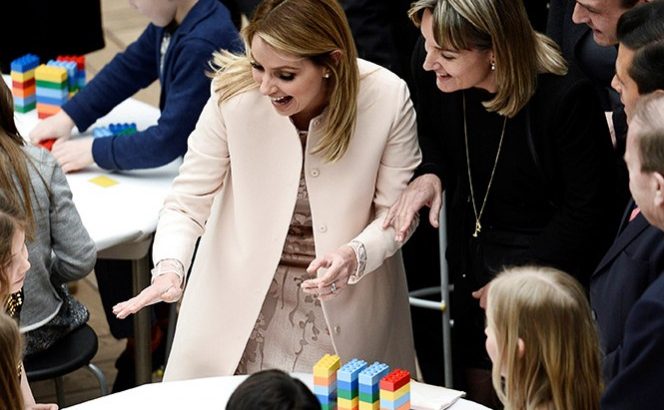










 Users Today : 69
Users Today : 69 Total Users : 35460200
Total Users : 35460200 Views Today : 98
Views Today : 98 Total views : 3418881
Total views : 3418881